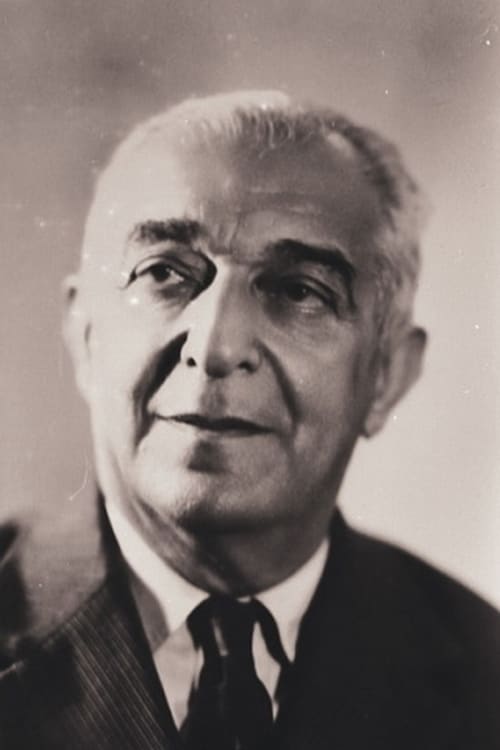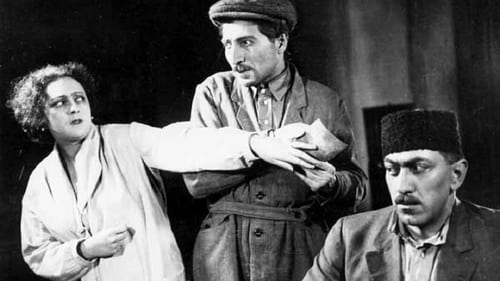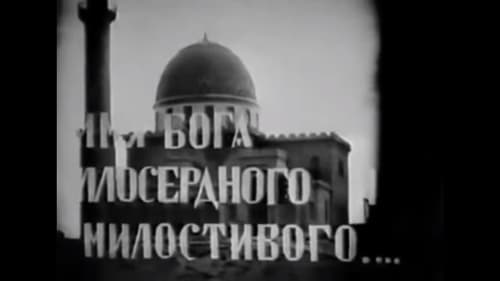Mustafa Mardanov
Nascimento : 1894-02-28, Marand, Iran
Morte : 1968-12-12
História
Mustafa Mardanov was born on March 10, 1894 in the city of Merend in Iranian Azerbaijan. In 1916 he graduated from the Tiflis Men's Gymnasium. From 1922 to 1924 he studied at the Moscow State Institute of Theater Arts. Stage activity began in 1910 in the Tiflis Muslim Drama Circle. His first roles in the theater were the roles of Haji Ganbar ("From the rain and under the downpour" by Najaf-bek Vezirov), Karamali ("Haji Kara" Mirza Fatali Akhundova), Adham ("Nadir Shah" Nariman Narimanov). From 1921 to 1922 Mardanov was the director of the Tiflis Azerbaijani Theater. Since 1924 he has been performing on the stage of the Azerbaijan State Drama Theater. Here he created a series of images of Azerbaijani, Russian and Western drama. Mustafa Mardanov was noted for his subtle humor and comedy. A bright folk comedy was combined in the art of Mardanov with subtle humor and irony. His best roles are Atakishi, Imamverdi (Sevil, 1905 Jafar Jabbarli), Khlestakov ("Inspector General", Nikolay Gogol), Luka ("At the bottom" Maxim Gorky), Shmaga ("Without fault" Alexander Ostrovsky), Polonius ("Hamlet", William Shakespeare), Shvandiya (Love for spring, Konstantin Trenev), Sganarelle (" Don Juan" ,Moliere ), etc. Mustafa Mardanov was one of the first and famous Azerbaijani movie actors. Mustafa Mardanov played in such films as "In the Name of God", "Haji Gara", "Sevil", "Lyatif", "Baku People", "Kandlilar", "Sabuhi", "Black Stones", "Morning", "Meeting" , "Where is Ahmed?" and others. Mardanov was very popular with the role of intelligent Hasan-bek in the film "Not that, so this". The first significant role of M.Mardanov in the cinema is the role of Karamali in the film "Haji Gara". In general, in most films shot from the late 20's to early 30's, M. Mardanov was given the role. The high actor's talent of Mustafa Mardanov is evidenced by the film shot by his brother, the famous film director Samad Mardanov, "Peasants" in which M. Mardanov played two opposing roles. In 1943 he was awarded the title of People's Artist of the Azerbaijan SSR. Since 1945 - a member of the CPSU. From 1962 to 1968, Mardanov was chairman of the Azerbaijan Theater Society. He translated a number of plays into Azerbaijani. In 1959, his book "50 Years on the Azerbaijani Stage (My Memories)" was published in Baku. One of the streets of Baku is called the Mardanov Brothers in memory of Mustafa Mardanov and his brother Samad Mardanov. The actor died on December 28, 1968 in Baku. He was buried in the Alley of Honor.










